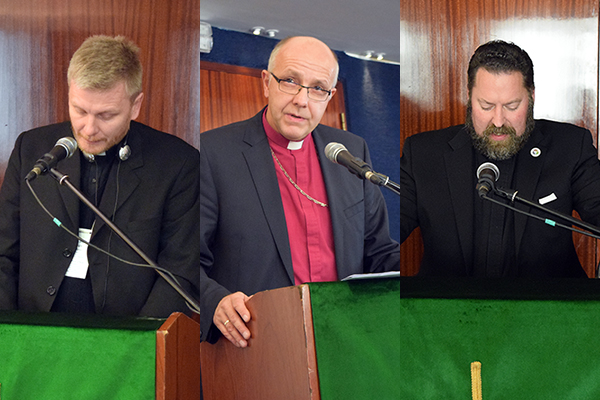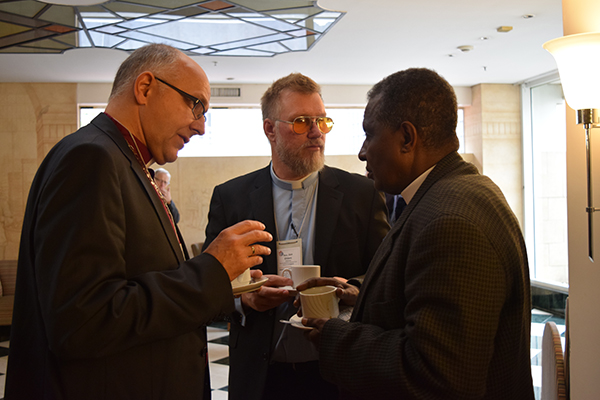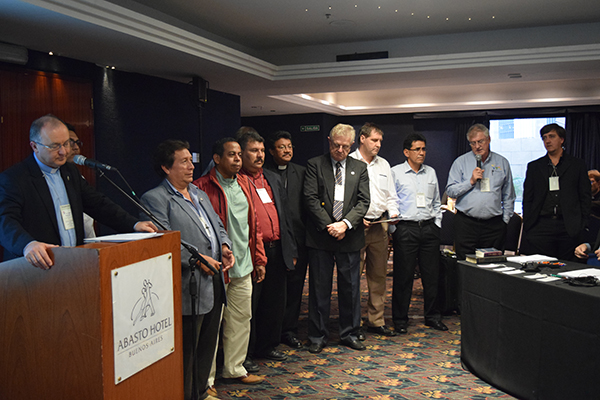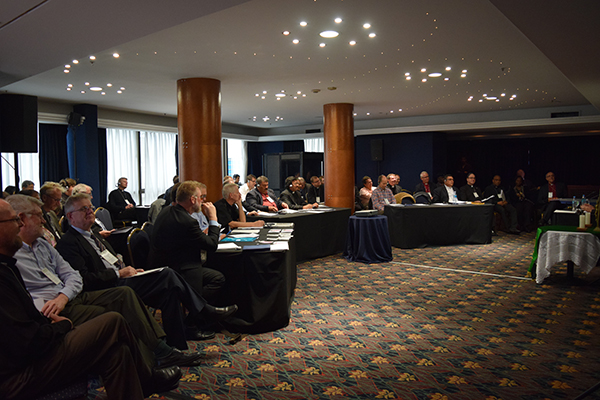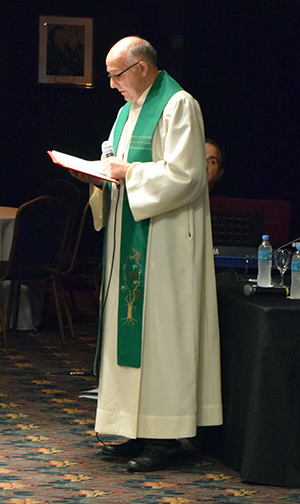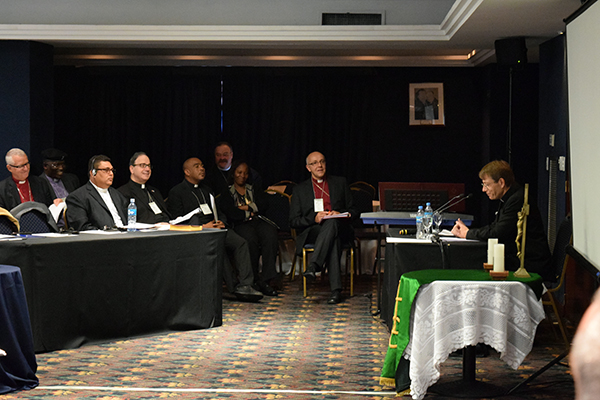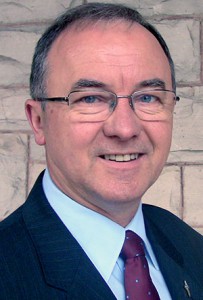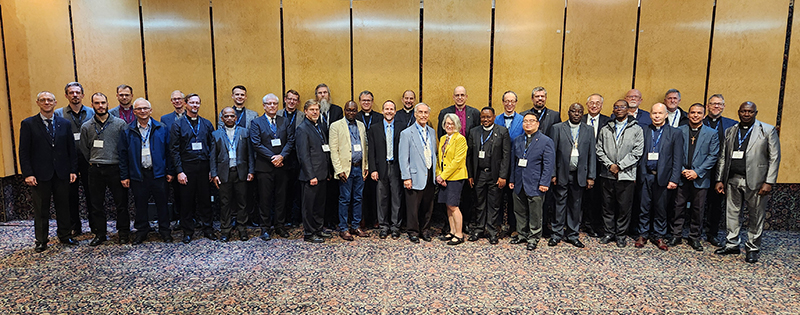
ARGENTINA – The International Lutheran Council’s (ILC) 8th World Seminaries Conference took place June 11-14 in Buenos Aires, Argentina. The theme for the conference was “Church and State: Challenges and Opportunities for Seminary Education.”
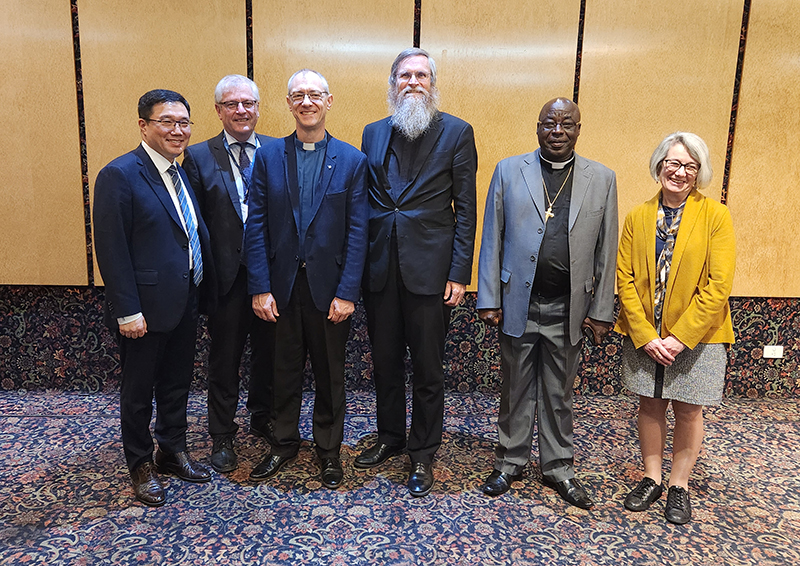
The Evangelical Lutheran Church of Argentina (Iglesia Evangélica Luterana Argentina – IELA) served as host for the event, which brought together representatives from the seminaries and theological programs of 21 church bodies in 19 countries, as well as other guests.
The conference featured multiple presentations which engaged the conference theme in different ways. The ILC’s Chairman, Bishop Juhana Pohjola of the Evangelical Lutheran Mission Diocese of Finland, presented on “Theological Perspectives on Church and State.” Rev. Dr. Jun-Hyun Kim (South Korea) and Rev. Prof. Clécio Schadech (Argentina) gave back-to-back presentations providing historical perspectives on the relationship between church and state and what it means for theological education. Rev. Dr. James A. Kellerman (Canada) addressed the issue of government interference in seminary education. Rev. Dr. Boris Gunjevic (United Kingdom) discussed the challenges surrounding identity and identity politics. Finally, Rev. Dr. P. R. (India) Selvaraj presented on church and state in times of persecution.
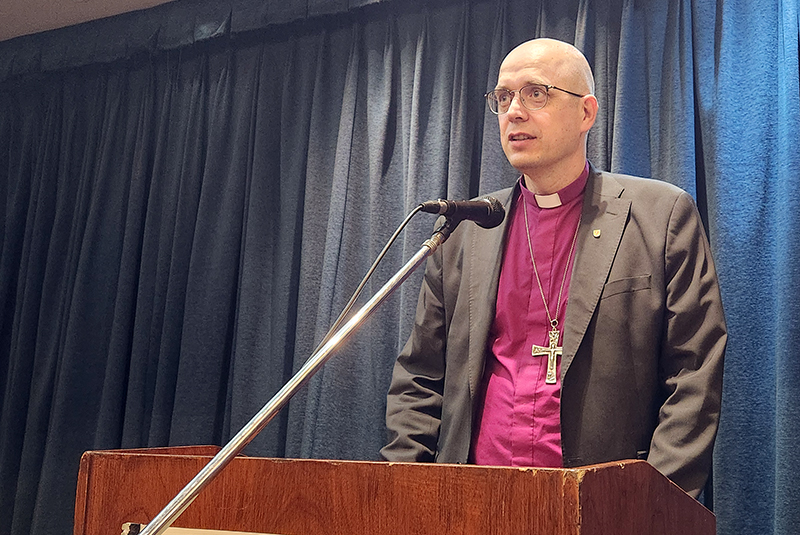
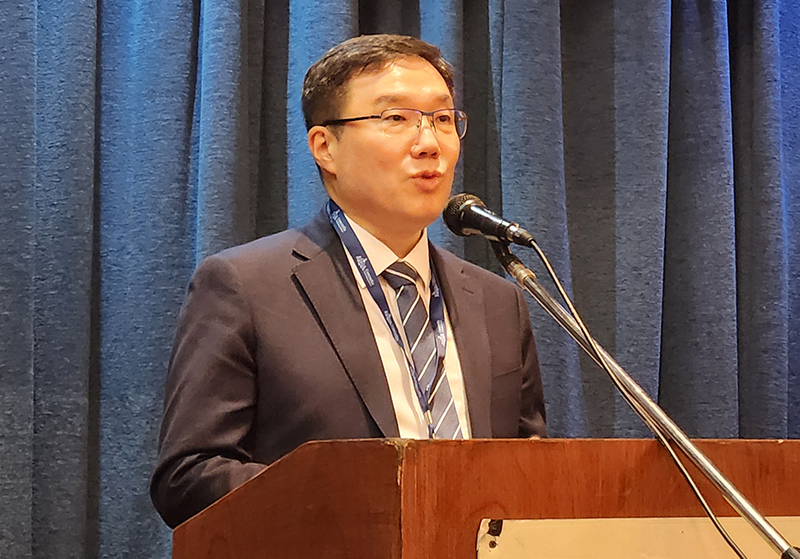
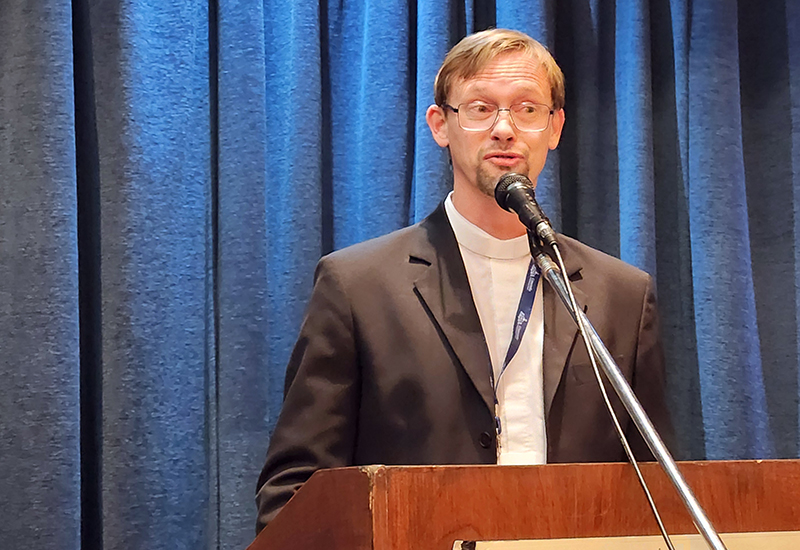
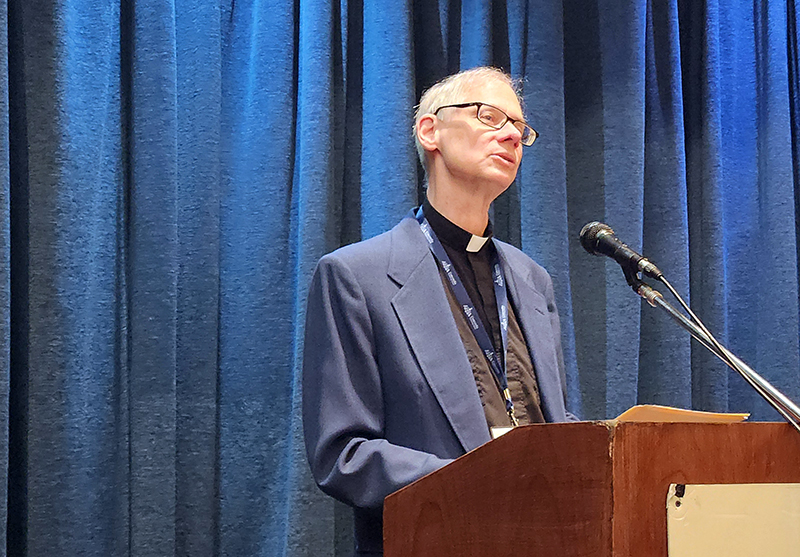
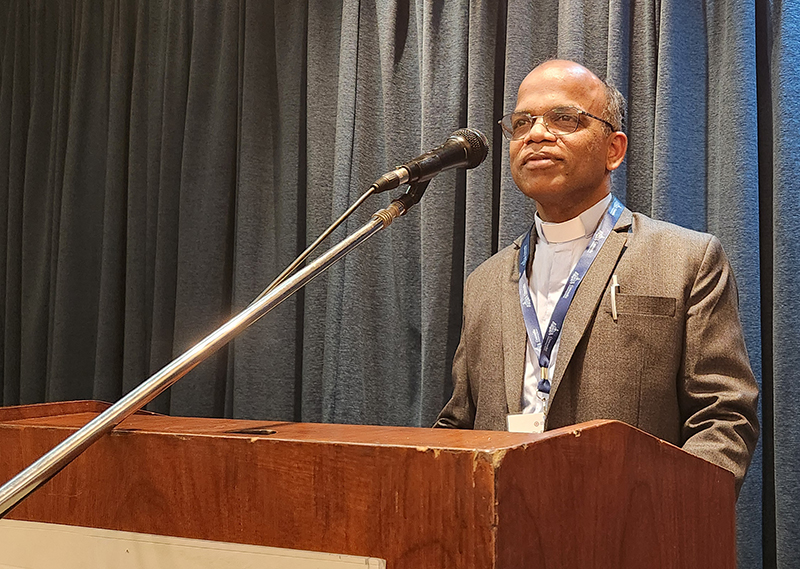
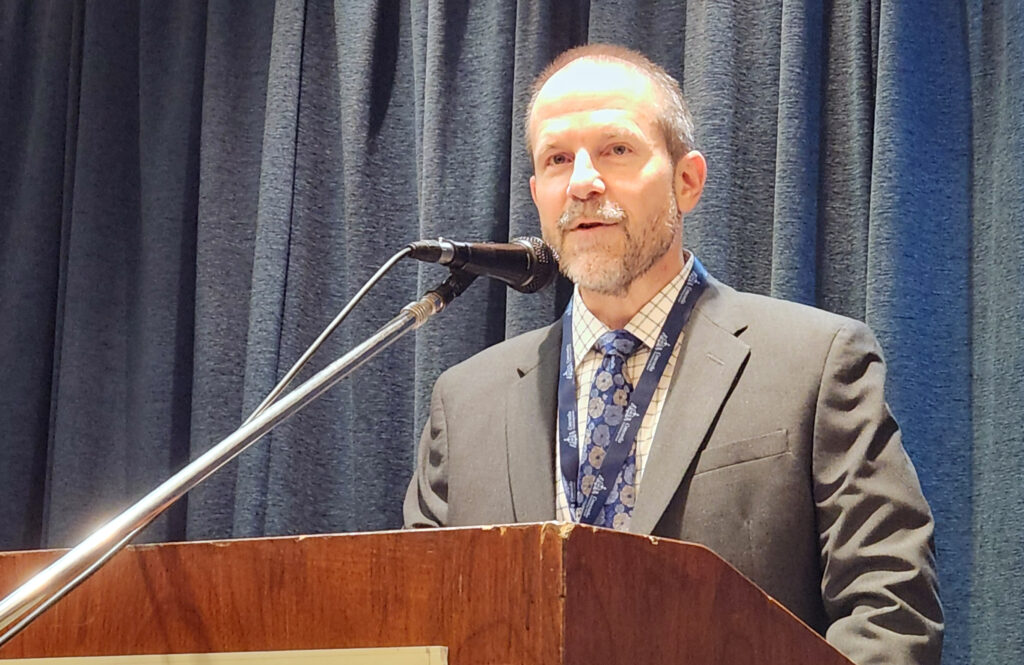
The conference also featured a series of shorter sectionals addressing subjects like alternatives to the classical seminary model; training pastors in a small church; teaching the Small Catechism to seminarians; the use of C.S. Lewis’ works in pastoral ministry; and models of online education.
That last topic—online education—was also the subject of a panel discussion during the conference. Rev. Dr. Alexei Streltsov (Russia) first gave a paper on the subject, followed by shorter presentations by Rev. Dr. Ebenezer Boafu (Ghana), Rev. Ted Kray (LCMS – Latin America), Rev. Dr. Tom Park (LCMS – Taiwan), and Rev. Dr. Chris Caughey (United States).

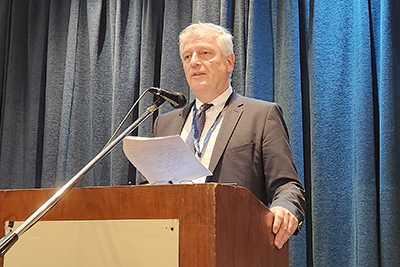
The topic of accreditation was also addressed during the conference, with Dr. Cynthia Lumley (United Kingdom) and ILC General Secretary Klaus Detlev Schulz each presenting. Small group discussion of the issue followed.
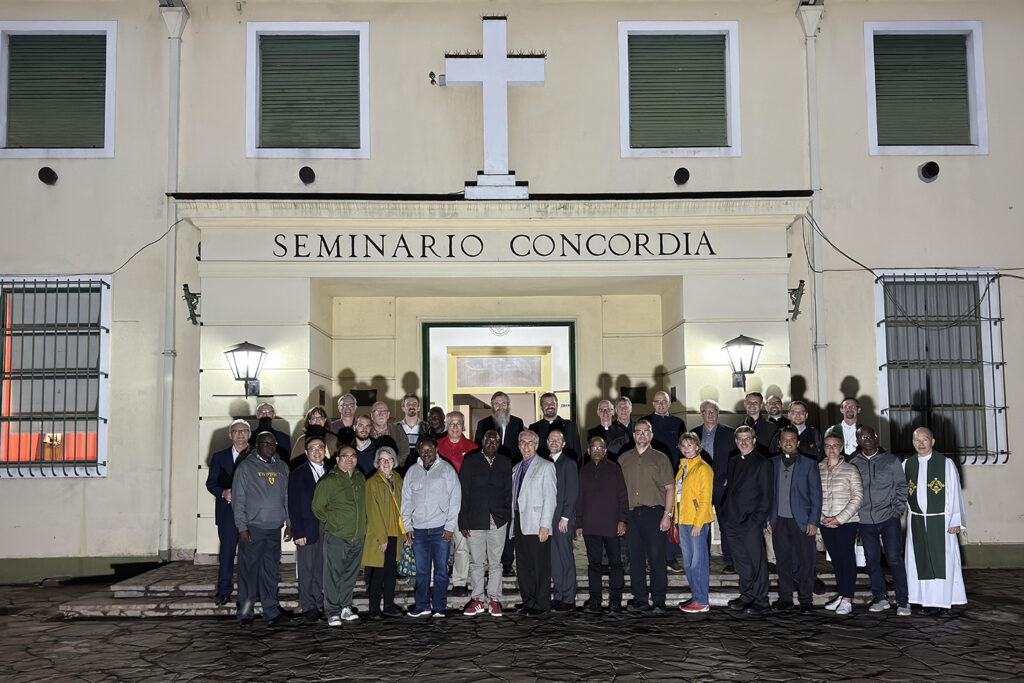
The final day of the conference saw discussion of core competencies for pastoral and diaconal education. Rev. Dr. Ron Mudge (USA) presented on the subject, taking participants through an analysis of the curricula and competencies required at Concordia Seminary (St. Louis, Missouri) and Concordia Theological Seminary (Fort Wayne, Indiana).
The conference concluded with a visit to the IELA’s Seminario Concordia, where participants worshipped with the seminary community and joined them for a closing barbeque and entertainment.
———————
Find more news on the ILC’s 2024 World Seminaries Conference here.

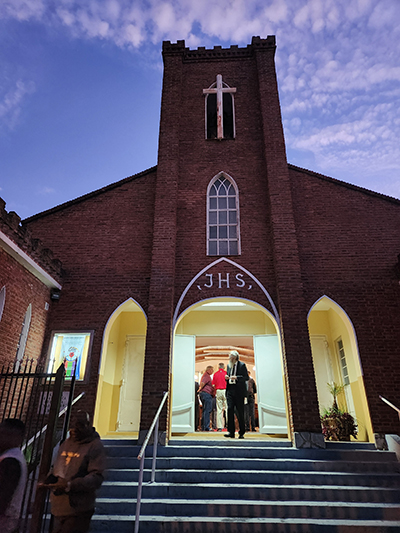
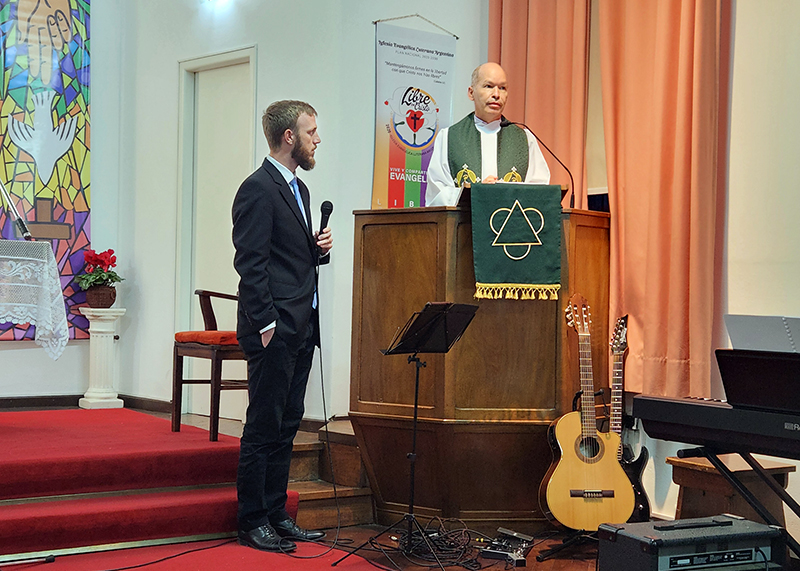

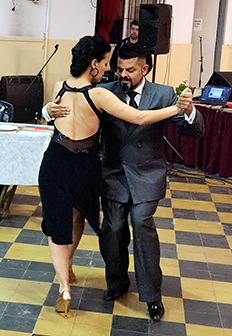
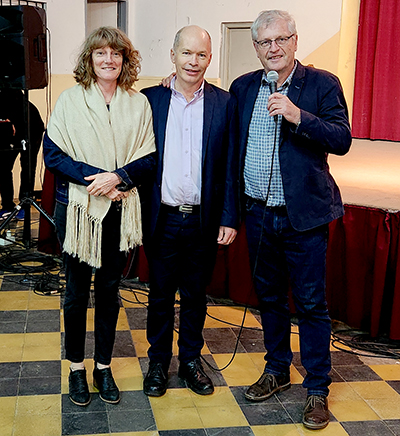
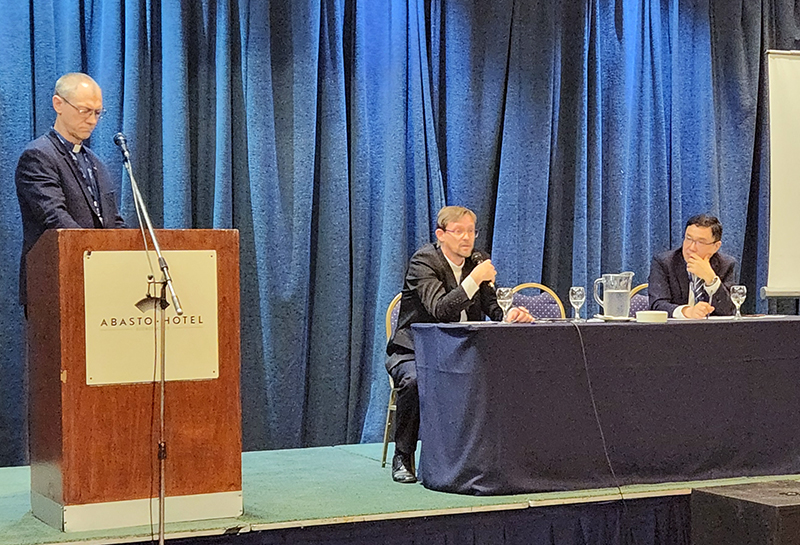

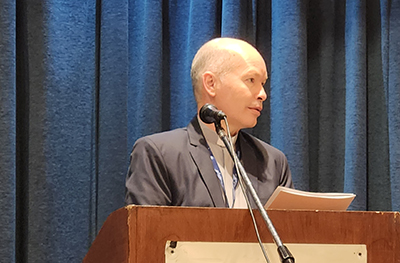
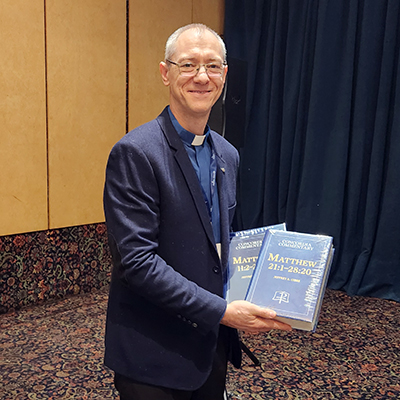
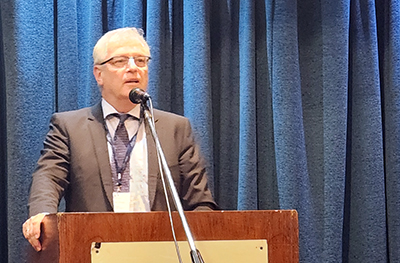
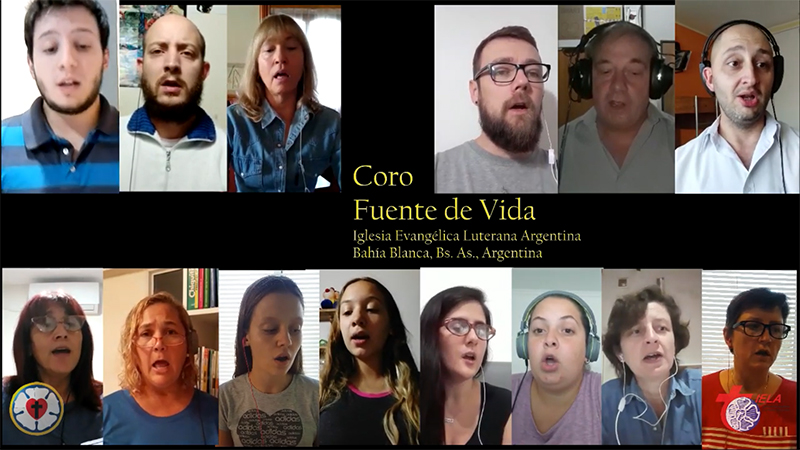
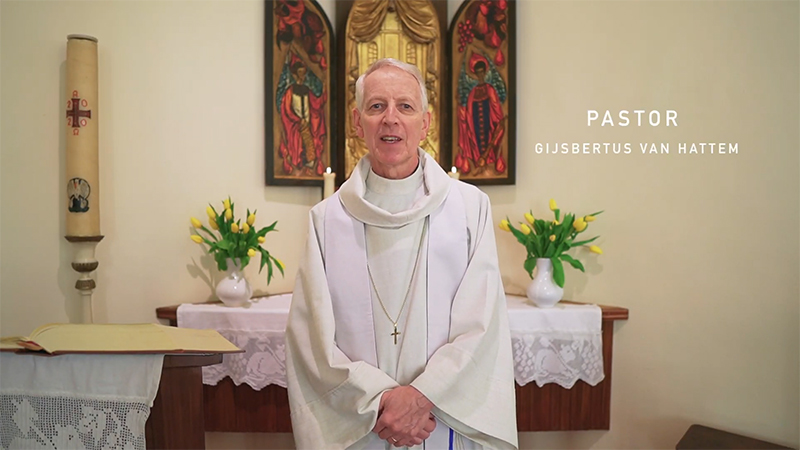
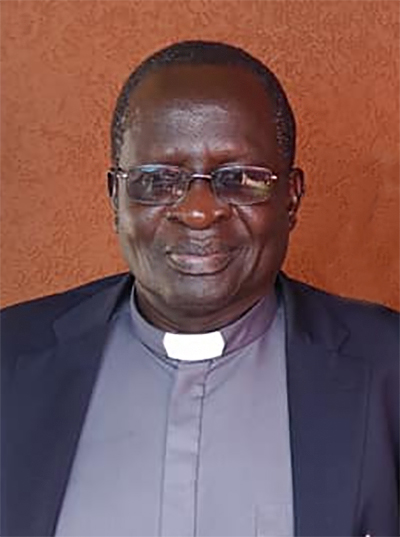
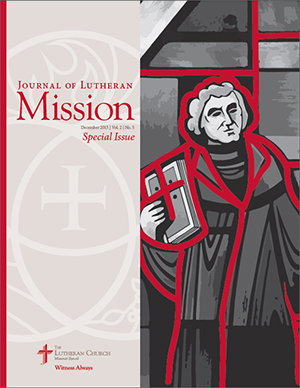 ONLINE – Presentations from the International Lutheran Council’s (ILC) 25th World Conference (held in Buenos Aires, Argentina September 23-26, 2015) have been published in a special issue of the Journal of Lutheran Mission.
ONLINE – Presentations from the International Lutheran Council’s (ILC) 25th World Conference (held in Buenos Aires, Argentina September 23-26, 2015) have been published in a special issue of the Journal of Lutheran Mission.